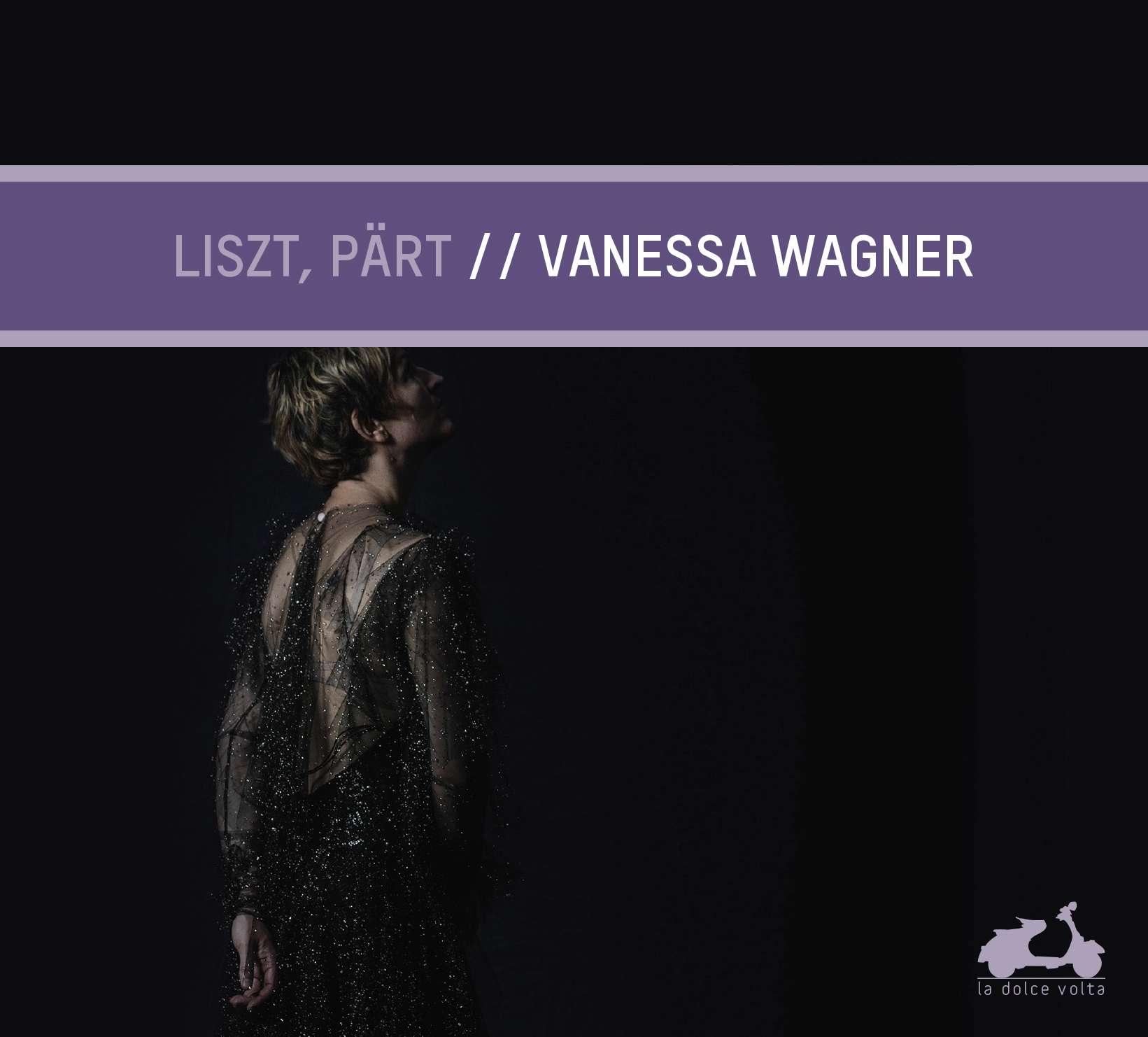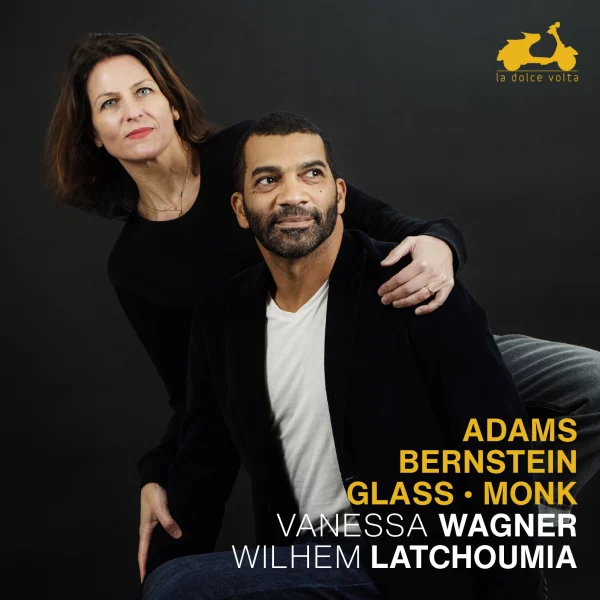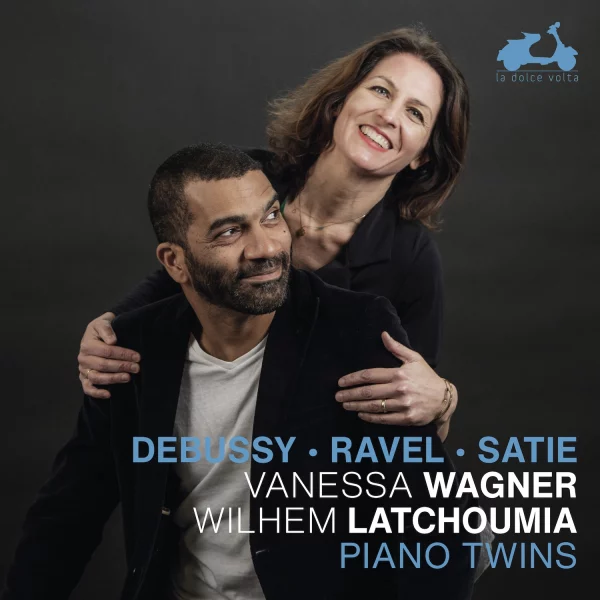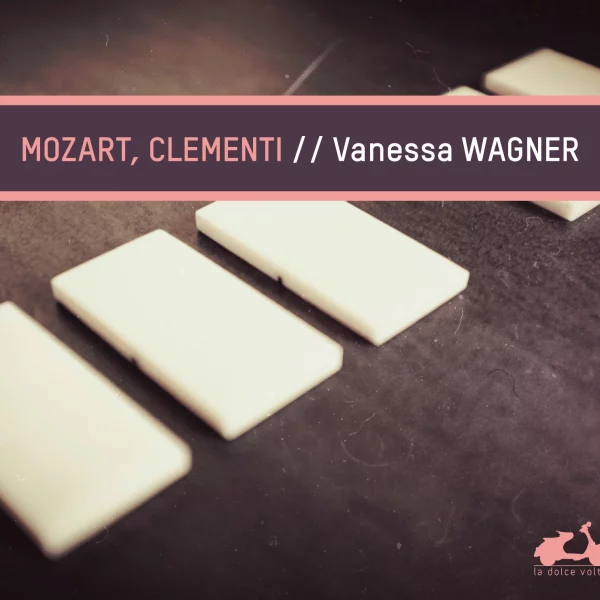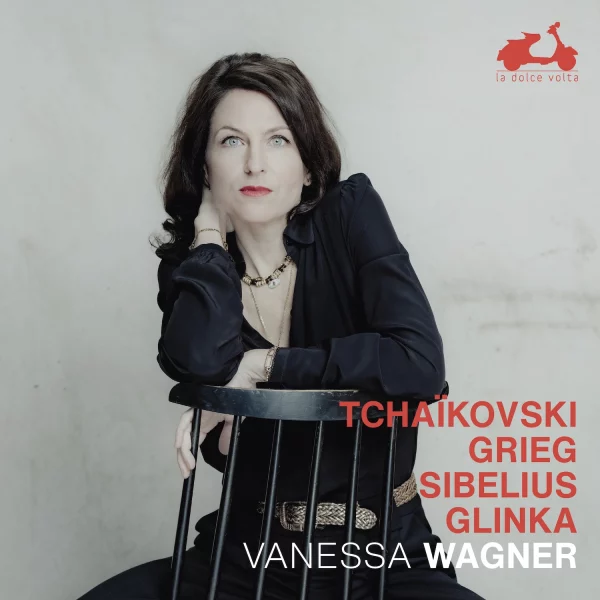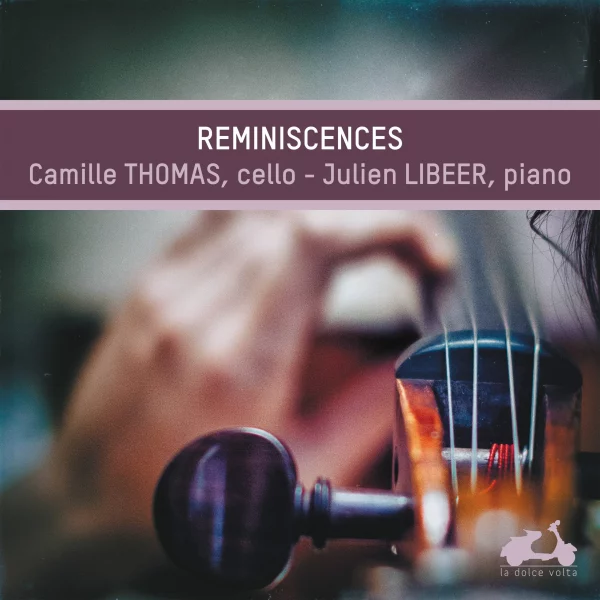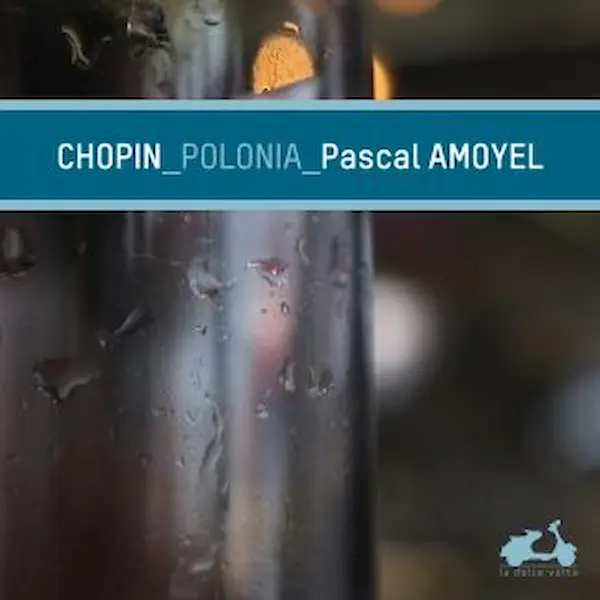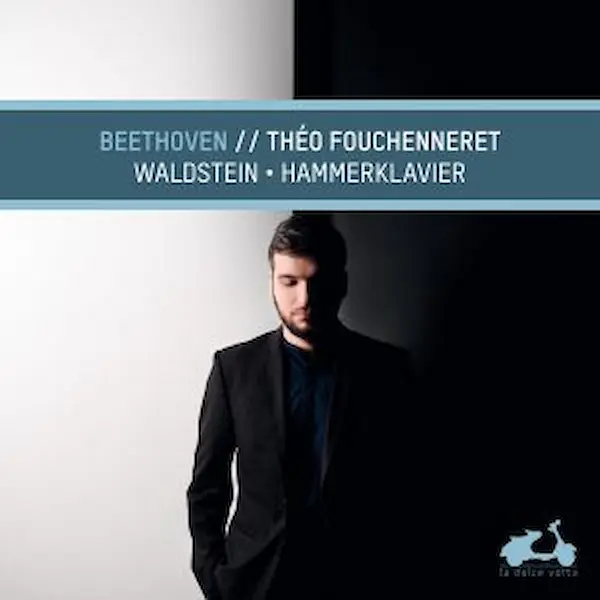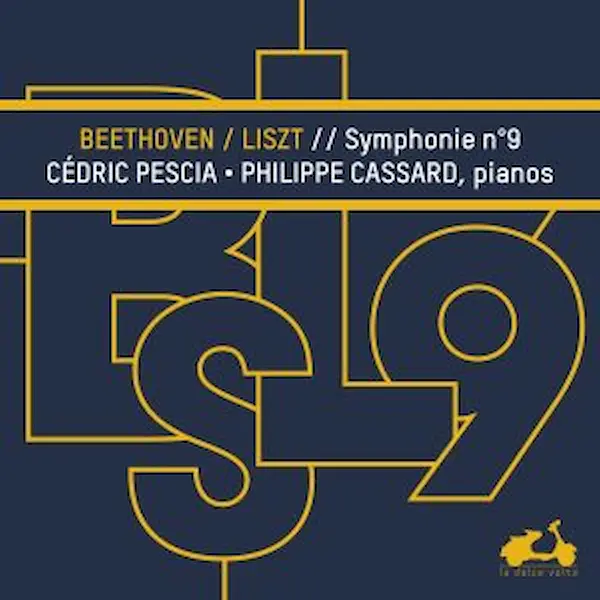Description
This programme isn’t based on a musicological argumentoronthedesirefora‘concept’.BetweenLiszt’s luxuriant textures and Pärt’s economy of resources, there is of course a whole world of difference. But, for me, the link between these two artists is obvious: they share a certain form of spirituality, which transcends their period and their mode of expression. Arvo Pärt is one of the greatest composers of minimal music. Für Alina, one of his best-known piano pieces, gets me into raptures every time. In his life as in his music, he asserts a powerful religious sentiment. In the case of Liszt, who was so profound a believer as to retire to a monastery, one feels the same great fervour, which is akin to a form of transcendence.
This programme leads us far into the realm of introspection and personal quest, by means of an almost ecstatic experience or a kind of dialogue with oneself.




